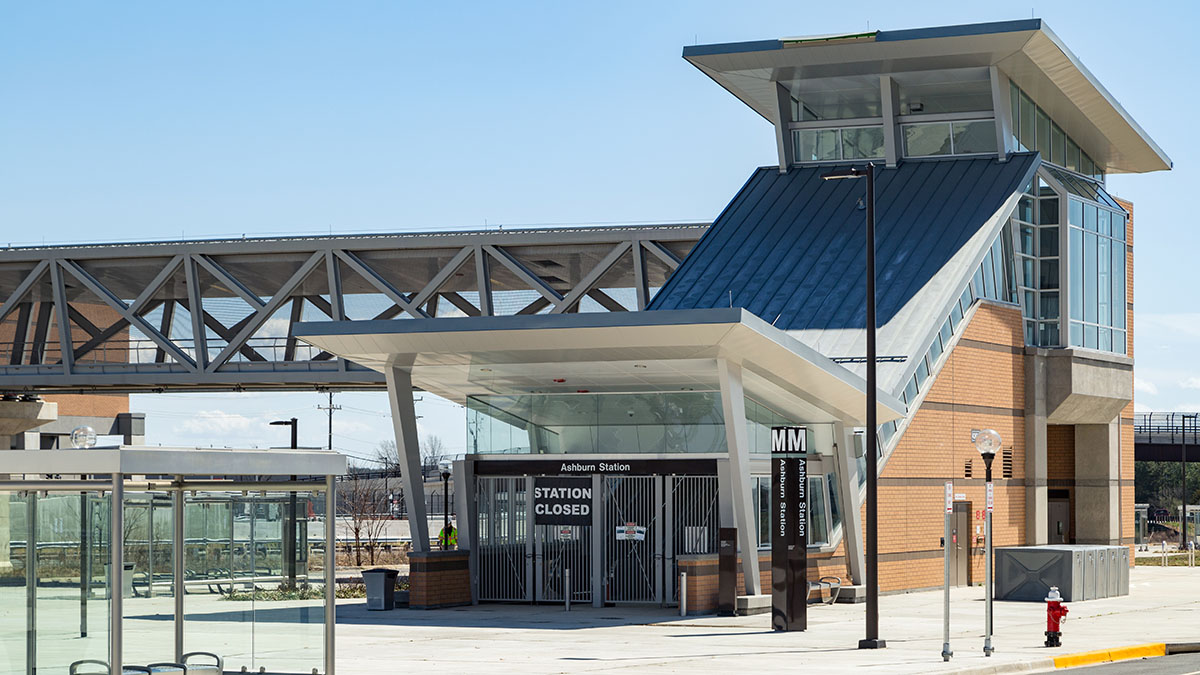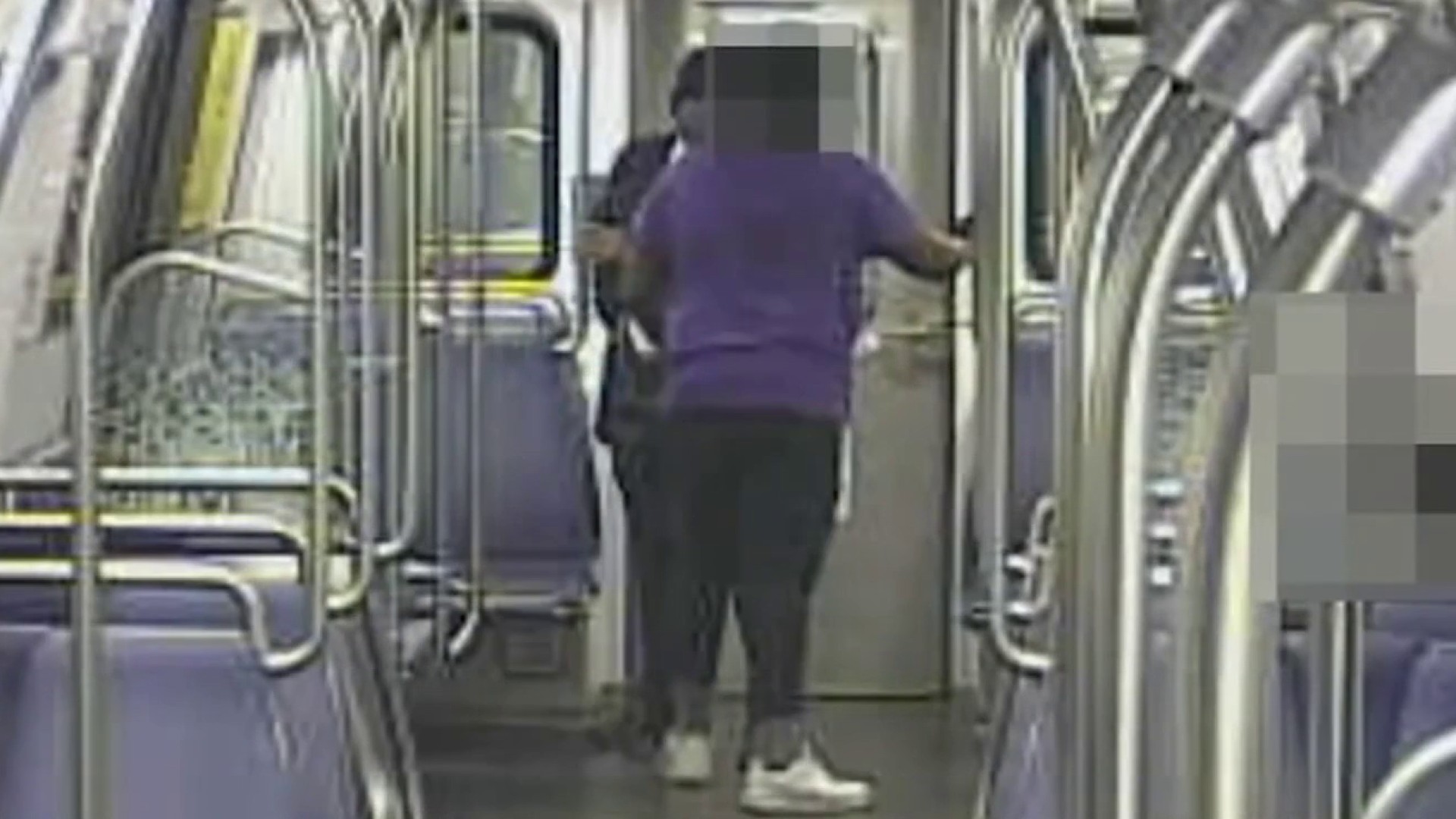Metro riders will see increased service on the Red Line during peak riding times starting Monday, according to WMATA.
Red Line trains will operate every eight minutes between 6 to 9 a.m. and 3 to 7 p.m. The increased service is a result of the agency adding more 7000-series trains back into service, WMATA said in a release.
“The Red Line service improvements are the next step toward restoring Metrorail service to budgeted levels following pandemic service reductions and the railcar shortage caused by the removal of 7000-series trains from the tracks last year,” WMATA said.
We've got the news you need to know to start your day. Sign up for the First & 4Most morning newsletter — delivered to your inbox daily. Sign up here.
Since the summer, Metro has been phasing the 7000-series railcars back into service after a series of derailments caused them to take the new cars off the system. Metro said it has since made repairs on the railcars and fixed issues with the wheels.
The agency hopes the service increase will alleviate crowding during peak hours. The Red Line will continue to operate every 10 minutes at all other times except for trackwork.
Some riders said the two-minute wait time reduction could make a difference in their commutes, while others disagreed.
“Well, I think the part that I like about it is, I have to take the Red Line to the Blue Line, and so maybe it makes a difference whether I make that connection and have to wait,” a commuter said.
“Two minutes no, no, no, never two minutes,” a commuter said.
On the first day of the increased service, Red Line trains at the North Bethesda Metro Station appeared to be operating at about the new eight-minute time.
Commuter Jimmie Riffle shared a positive reaction with News4 about the increased service.
“It’s definitely a lot more convenient especially to daily commuters like me,” Riffle said. “I mean, being able to time when to leave your apartment, to catch the train, get to work, it's just a lot more predictable.”
The change is a part of Metro's plan to improve service in the upcoming year. The agency said it is also working to increase railcar availability and address operator shortages.



